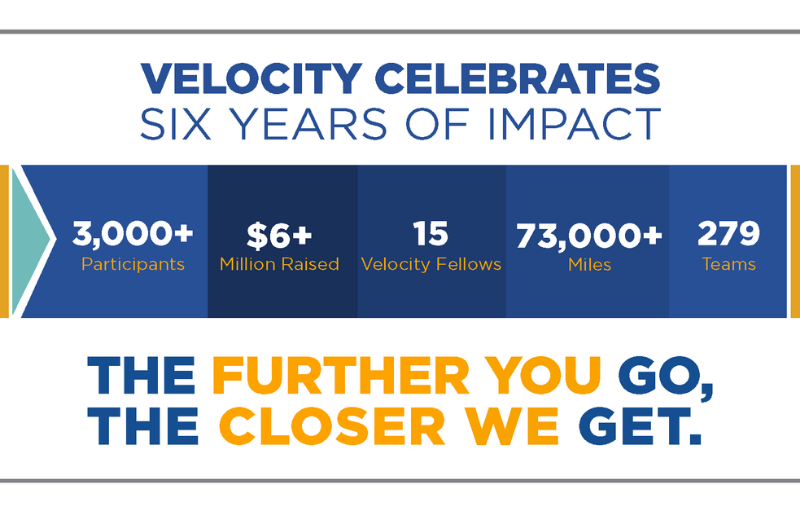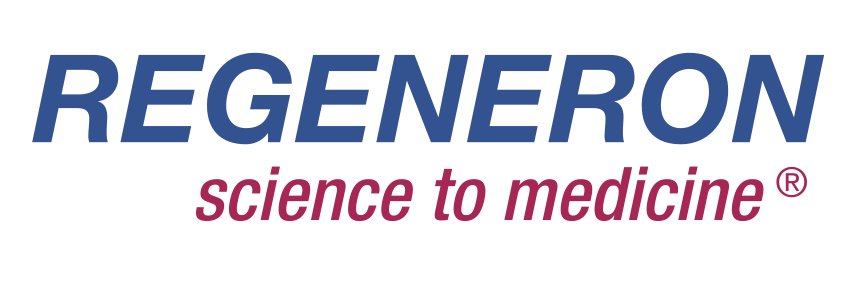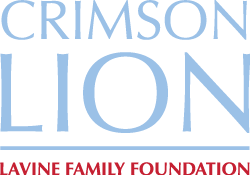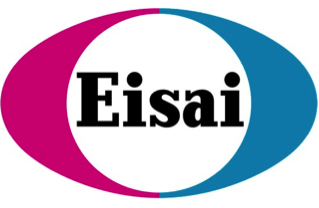Neil Vasan, MD, PhD
Assistant Professor of Medicine at VP&S
“Large scale functional examination of PIK3CA variants and PI3K inhibitor sensitivity in breast cancer”
Dr. Vasan plans to develop a mutational scanning platform to measure the functional and therapeutic impact of all single amino acid PIK3CA variants. Such a compendium would provide a roadmap to guide current and future treatment strategies for patients with breast cancer and other tumor types.
“Large scale functional examination of PIK3CA variants and PI3K inhibitor sensitivity in breast cancer”
Dr. Vasan plans to develop a mutational scanning platform to measure the functional and therapeutic impact of all single amino acid PIK3CA variants. Such a compendium would provide a roadmap to guide current and future treatment strategies for patients with breast cancer and other tumor types.
















